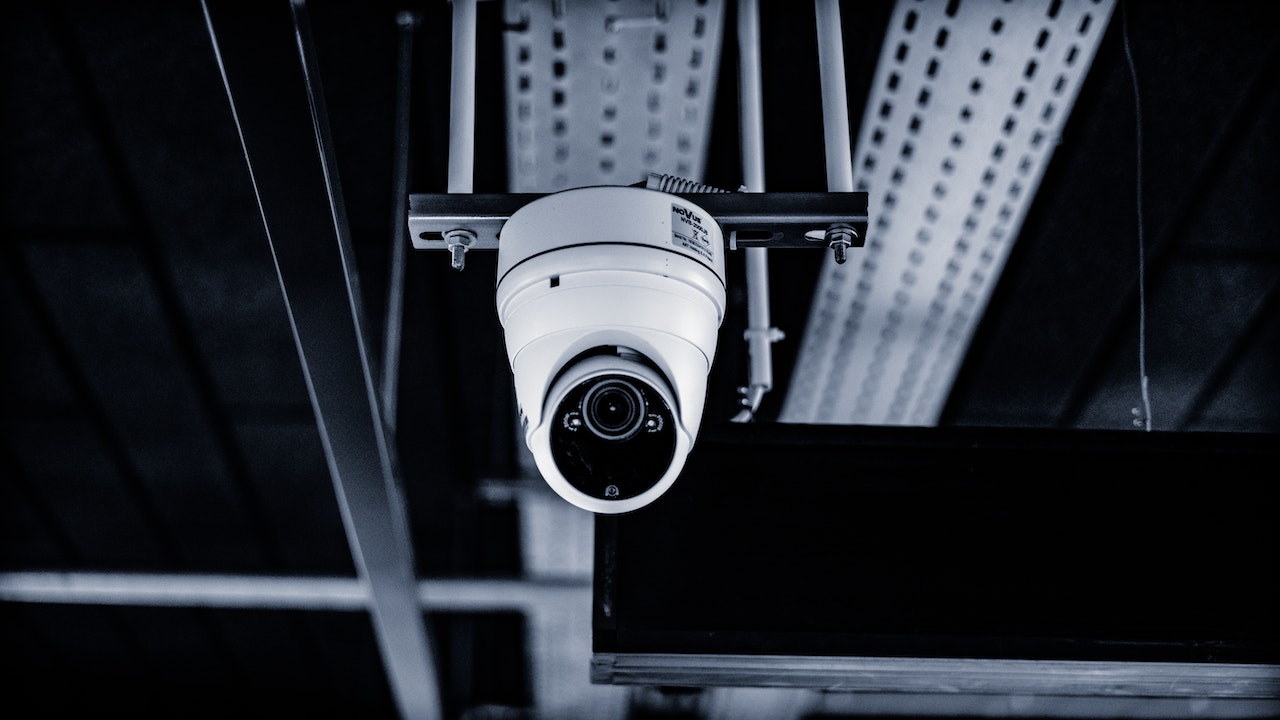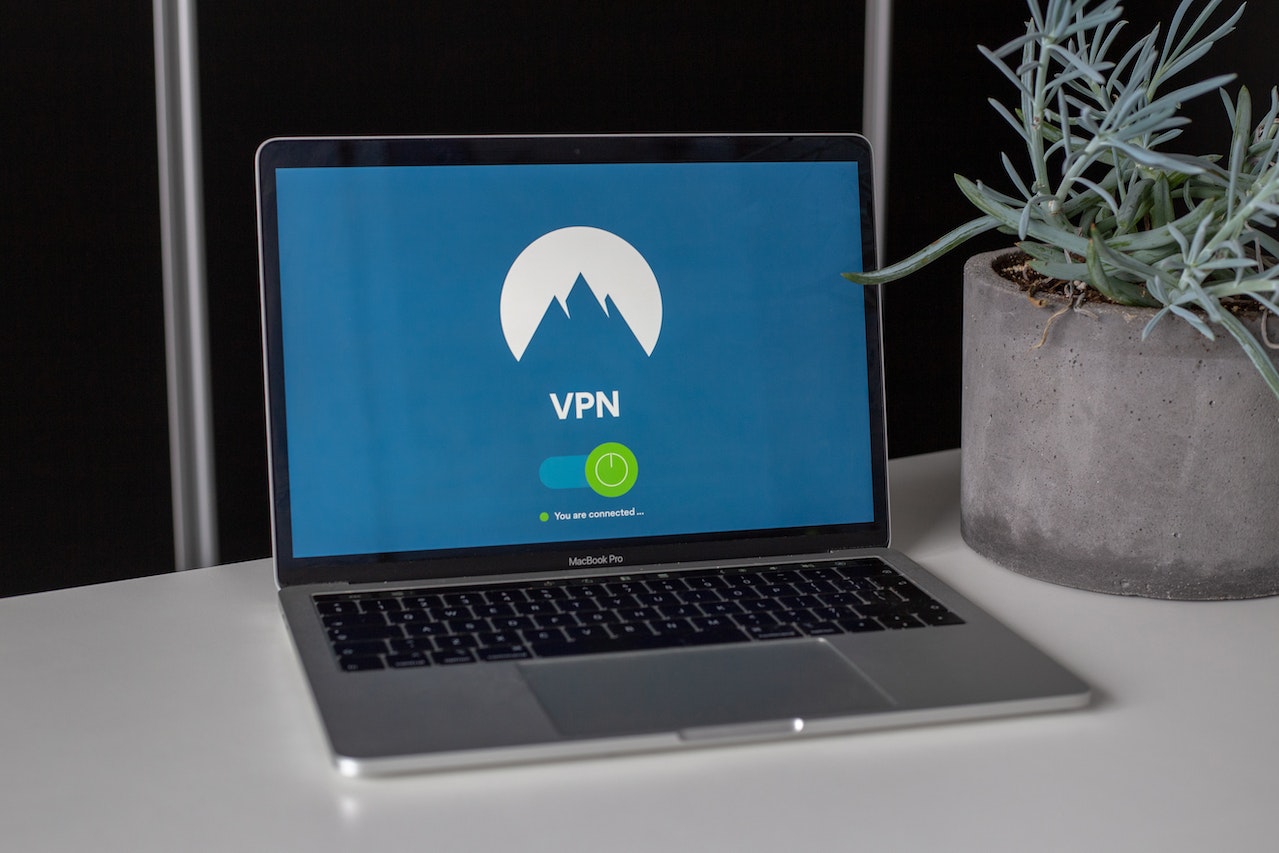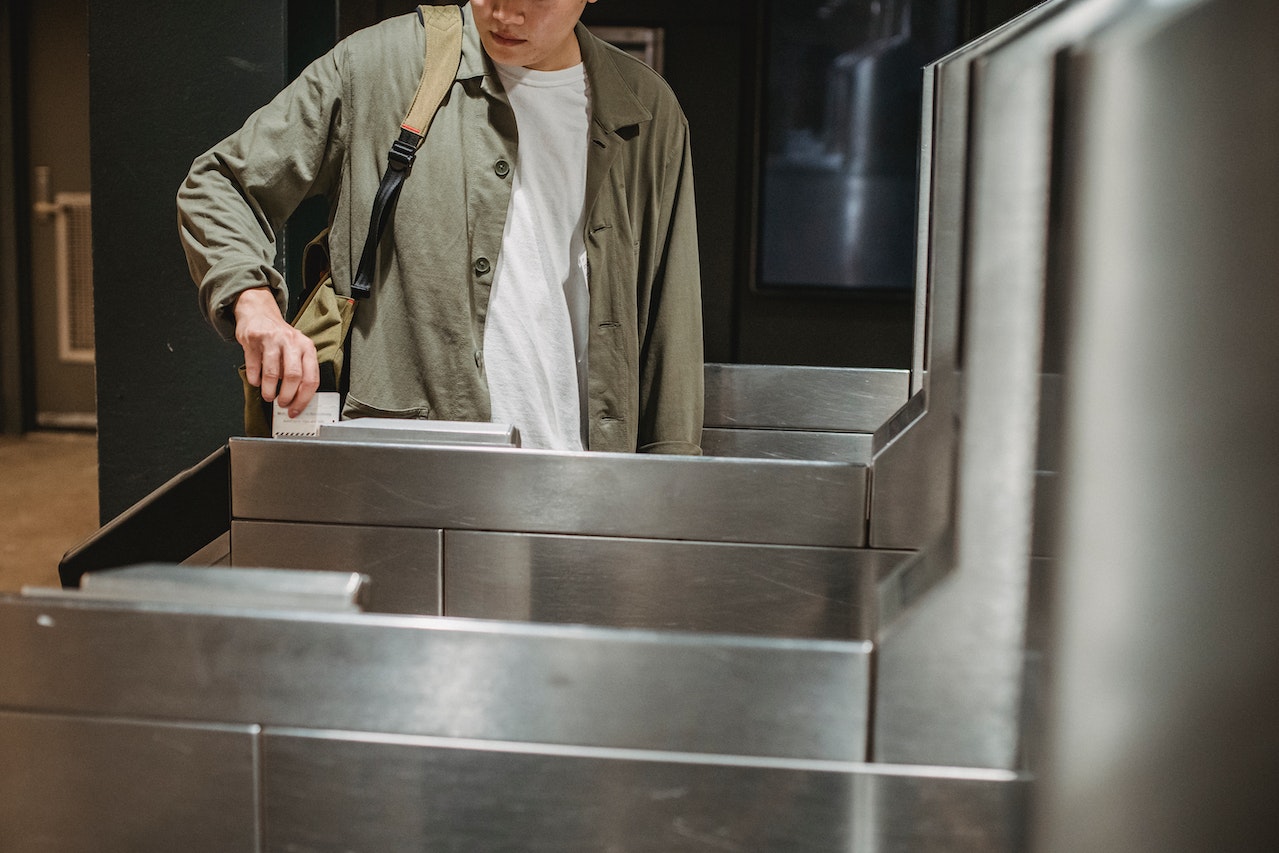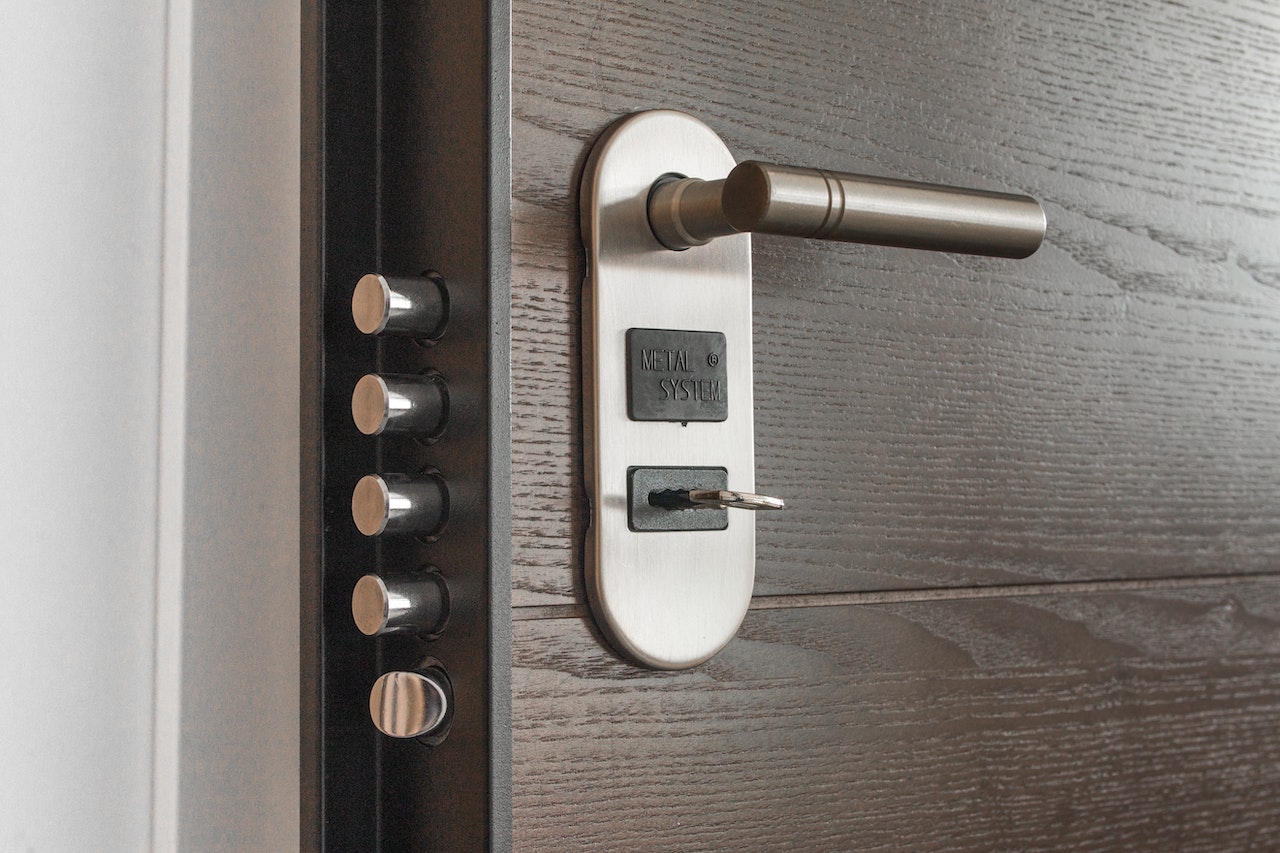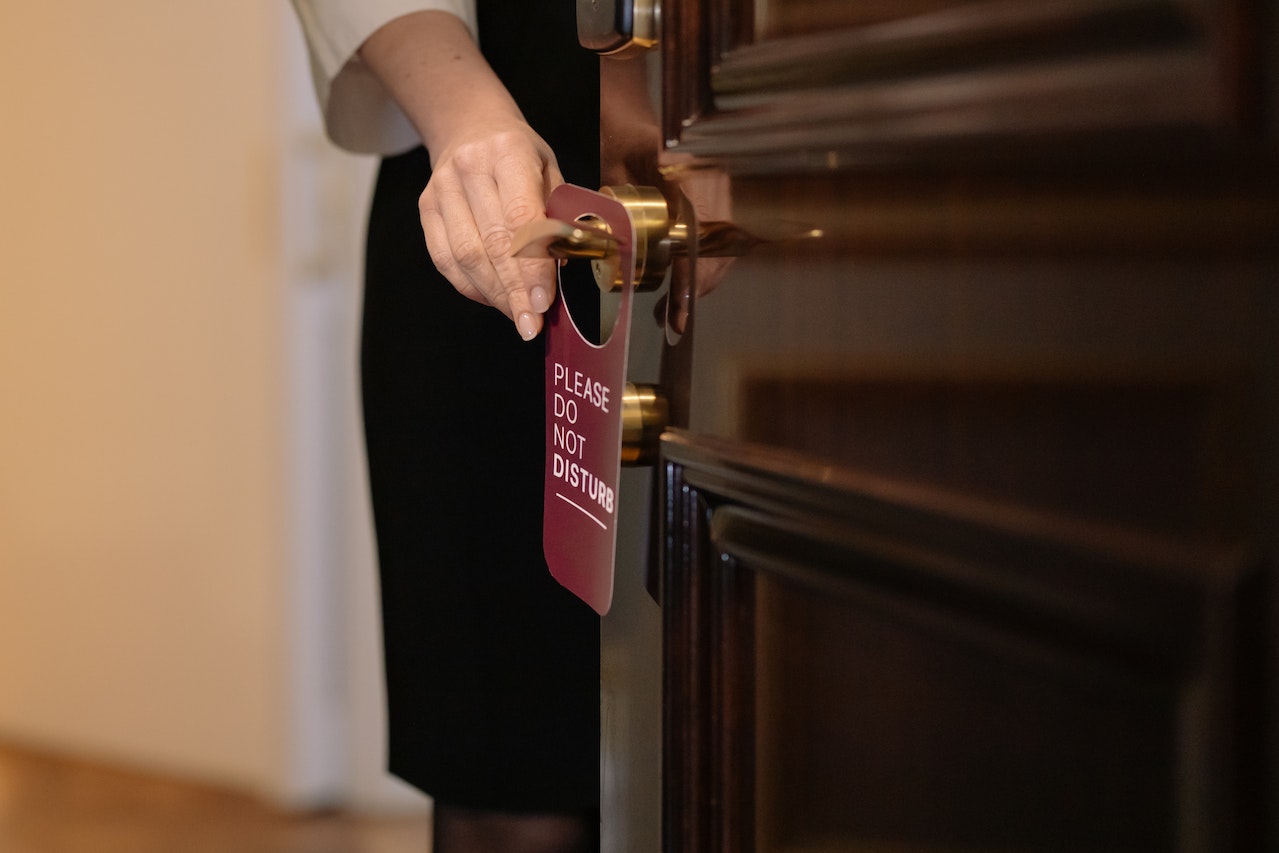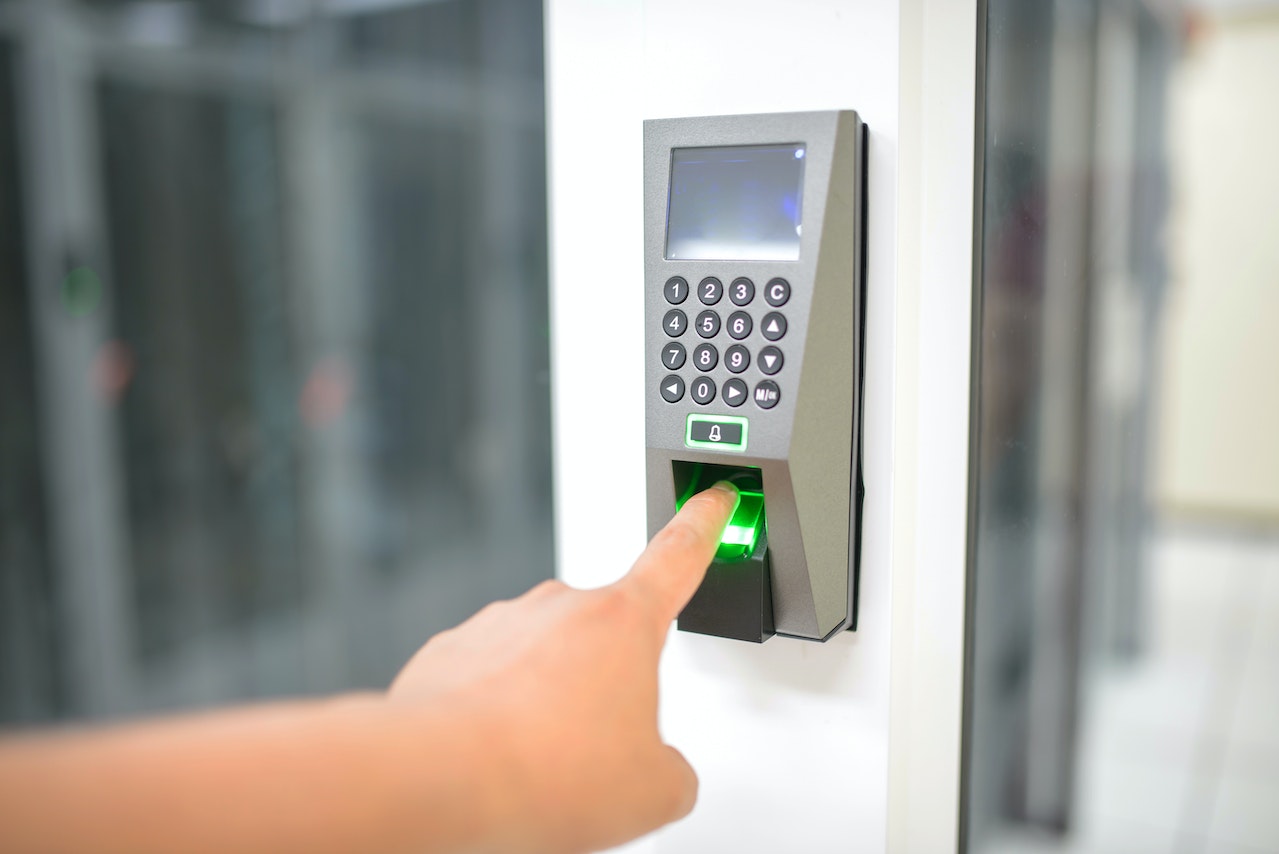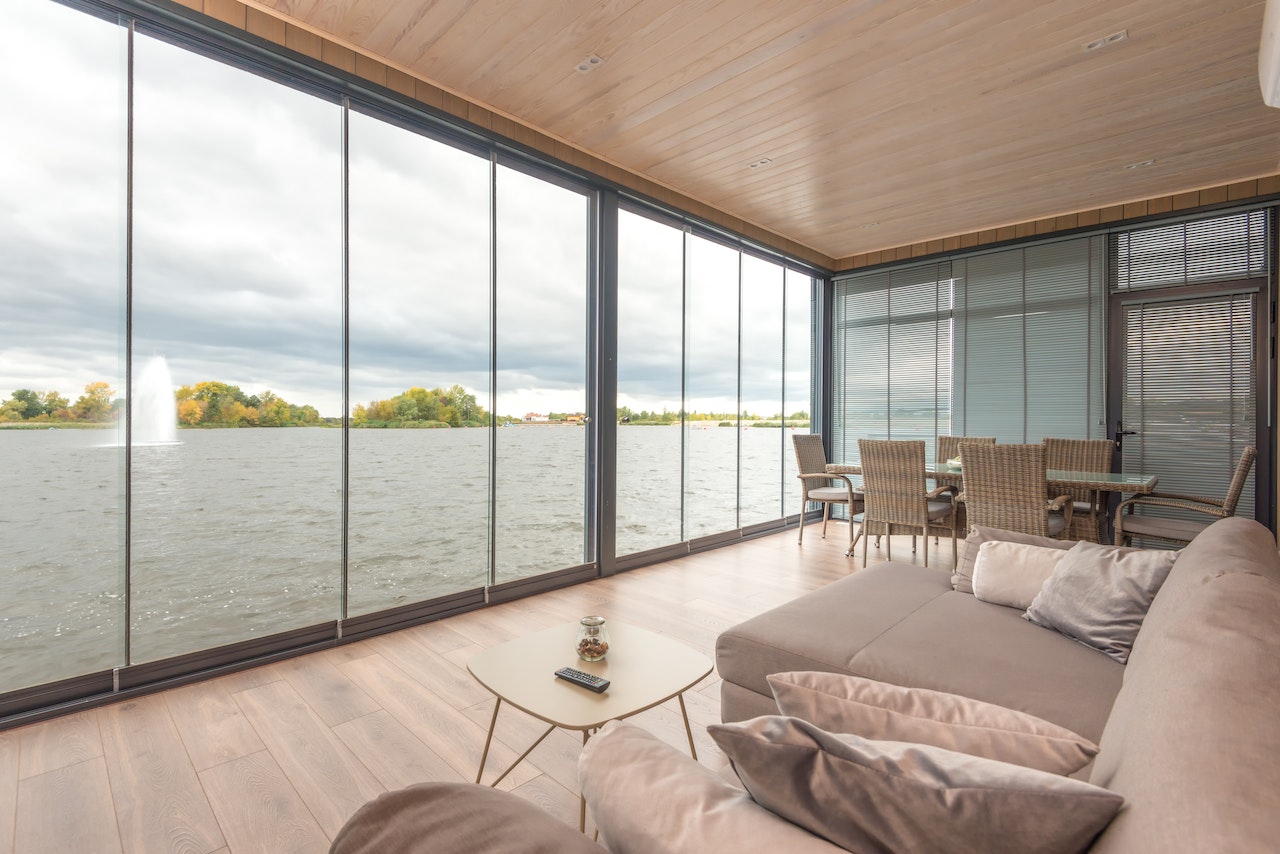Why settle for an overcomplicated mess when handling properties? Whether you’re a seasoned pro or just getting your feet wet in the world of property management, you know it’s no walk in the park. In today’s competitive landscape, using the right tools can be a real game-changer.
Think of it as having your toolbox filled with everything you need, from the must-haves to those “I didn’t know I needed this until now” kind of gadgets.
Overview of the Scope: Residential, Commercial, and Vacation Rentals
Managing a residential property is different from juggling a string of vacation rentals at the beach, right?
Different properties need different approaches, and it’s not just about playing by the rules. It’s about understanding what makes each property type tick. Commercial spaces have their quirks, residential areas have their charm, and vacation rentals – they’re in a league of their own!
We’ll dive into those specifics, focusing on the vacation rental properties that seem to be on everyone’s radar these days.

Vacation rentals are booming, and why wouldn’t they? Who doesn’t love a home away from home? But here’s the kicker: managing them isn’t just about handing over the keys. It’s about creating experiences, leaving lasting impressions, and ensuring everything runs smooth as butter.
Sounds daunting?
Not with the right tools and insights! Buckle up, as we’re about to explore the world of vacation rental management like never before.
In terms of property management companies, various organizations offer comprehensive services, such as 24/7 guest assistance, technological solutions, and extensive listing distribution across booking platforms. Some notable companies include TurnKey, SkyRun, and Effortless, each providing unique services tailored to maximize property management efficiency and guest satisfaction. For example, TurnKey invests in digital locks and fraud prevention technologies for properties, while SkyRun emphasizes local management and strategic marketing, integrating with 40 platforms to maximize bookings
Objective of the List
Alright, let’s get down to business.
What’s this list all about? It’s more than just a bunch of names and links. It’s a handpicked selection of tools that’ll make your life as a property manager a breeze, especially in the realm of vacation rentals. Forget the trial and error; we’ve done the legwork for you!
Ready to dive in? Let’s roll!
1. Administrative Tools
2. Property Management Software
Managing properties feels like orchestrating a symphony, with various parts playing together in harmony. Got the right software?
Here’s how to make it all sing:
3. Tenant Screening
Get this; not all tenants are created equal, and some are hidden gems. Tools like MyRental or RentPrep sift through the noise. And if you are looking for background checks, consider Autohost. It’s designed to customize tenant screening and background checks according to your unique needs.
4. Lease Agreements
Drafting lease agreements? Who’s got time for that? Software like DocuSign simplifies lease creation. No more midnight oil burning over legal jargon; this tool’s got your back. It’s not just software; it’s your legal wizard.
5. Rent Collection
Late rent? What’s that? Tools like PayRent or Zelle can make late rent ancient history. Automate it, chill out, and watch the punctuality roll in. It’s not just collecting rent; it’s managing money with style.
6. Maintenance Requests
Woken up by a 2 a.m. call about a broken faucet? Platforms like Maintenance Care can take those calls for you. Let the software handle it and enjoy sweet dreams. After all, who said property management couldn’t be comfy?
7. Analytics and Reporting
Numbers can be a maze, but tools like Tableau or Looker make it a walk in the park. Break down the numbers, get the insights, and drive decisions with data. It’s more than just math; it’s strategic genius.
Property ownership trends in vacation rentals reveal some interesting insights. About 29% of vacation properties are owned by multiple people, with 42% of investors and 39% of vacation buyers paying all cash for their properties. Rental income varies greatly based on factors like home size and amenities, with a 1-bedroom vacation rental earning around $38,490 per year on average. Moreover, the trend of longer stays (over 7 days) has doubled since 2019, suggesting a shift in traveler preferences
8. Communication Tools

Who said communicating with tenants, owners, and service providers has to be a juggling act? Here’s the toolkit to keep you connected without breaking a sweat:
9. Email Systems
Manual emails? So last decade! Platforms like Mailchimp or Constant Contact automate and personalize your communications. Think of them as your personal email composers, making every note hit just right.
10. Messaging Apps
Want to stay connected without the phone tag hassle? Tools like Slack or WhatsApp for Business are game-changers. Real-time chats, seamless communication, and all in one place. Talk about a communication revolution!
11. Virtual Meeting Platforms
Welcome to the future of face-to-face meetings without the travel. Platforms like Zoom or Microsoft Teams aren’t just for the boardroom; they’re for the landlord, property manager, and tenants too. It’s not just a meeting; it’s a virtual rendezvous.
12. Financial Tools
13. Accounting Software
Money matters don’t have to give you nightmares. Let’s crunch those numbers with some serious firepower.
14. Budgeting:
Tools like QuickBooks or YNAB (You Need A Budget) can make budgeting a walk in the park. Why break a sweat when you can have it all laid out for you?
15. Expense Tracking:
Expensify or FreshBooks, anyone? Tracking expenses can be as easy as snapping a picture. Say goodbye to that shoebox filled with receipts!
16. Invoicing:
With platforms like Zoho Invoice or Square, invoicing can be a breeze. Who knew getting paid could look so sleek?
17. Payment Gateways for Rent Collection
Late rent payments? Not on your watch! Tools like Cozy or PayYourRent can automate rent collection. It’s like having your personal money collector, minus the hat and cane!
18. Financial Reporting Tools
Big numbers don’t have to mean big headaches. With platforms like Xero or Sage, generating reports can be as easy as pie. What’s better than pie? Easy-to-read reports that make you look like a pro!
19. Marketing Tools

The property management landscape, especially in vacation rentals, is rapidly evolving, showing significant growth and the adoption of new technologies. For instance, urban areas are witnessing the highest growth in vacation rentals, with an expected 111% increase over 12 months. North America is seeing a substantial rise in revenue, predicted to grow by 42% in the same period, reflecting a global trend in the vacation rentals sector
Marketing isn’t just about putting your property out there; it’s about making it stand out in the crowd. Ready to get noticed? Here’s how:
20. Listing Platforms
Platforms like Airbnb, Zillow, or Booking.com are where the magic happens. Listing your properties here isn’t just smart; it’s essential. Why be a needle in a haystack when you can be the shiny coin?
21. Social Media Management Tools
Managing social media can feel like herding cats. Tools like Hootsuite or Buffer can keep everything in line. Schedule posts, engage with your audience, and keep track of your brand without breaking a sweat. Sounds good, right?
22. Photography and Virtual Tour Software
Ever wish your photos looked magazine-worthy? Tools like Adobe Lightroom or Matterport for 3D tours can make your property pop. A picture is worth a thousand words, but a great picture? That’s priceless.
23. Maintenance and Operational Tools
Maintenance isn’t just about fixing stuff; it’s about avoiding the break in the first place. Here’s the toolkit that’ll make you the superhero of upkeep.
24. Maintenance Management Software
Keep everything running smooth with software like UpKeep or Buildium. They’re not just tools; they’re your personal maintenance ninjas, ready to tackle whatever comes your way.
25. IoT Devices for Property Monitoring
Think of IoT devices like Nest or Ring as your eyes and ears. They’ll watch over your property like a hawk, ensuring everything’s A-OK. Cool, isn’t it?
26. Inventory Management for Furnishings
Tools like Sortly or inFlow can keep track of all your furnishings, from couches to coffee makers. It’s like having a virtual warehouse at your fingertips. Talk about convenience!
27. Smart Locks and Security Systems
Keep it safe and snazzy with smart locks like August or security systems like ADT. It’s not just about locking doors; it’s about welcoming the right people. Now that’s next-level security!
28. Energy Management Systems
Wanna be the green guru of properties? Energy management systems like Schneider Electric or Honeywell can help you conserve energy and cut costs. It’s not just about saving green; it’s about being green.
29. Legal and Compliance Tools

Keeping up with legalities and compliance can feel like walking on a tightrope. But don’t sweat it! Here’s a safety net for you:
30. Compliance Tracking Software
Stay on top of the compliance game with tools like Compli or LogicGate. These aren’t just trackers; they’re your virtual compliance officers, guiding you through the maze of regulations. Forget the fear of missing a detail; they’ve got you covered.
31. Legal Document Templates
Legal jargon got your head spinning? Tools like Rocket Lawyer or LegalZoom can help you whip up documents that pass muster. Think of them as your digital legal team, sans the expensive suits!
32. Tenant Background Checks
Tenant screening can be a minefield. Thankfully, tools like Autohost can make background checks a breeze. They’re like having your private investigator, ensuring you know who you’re dealing with. With Autohost, you can customize your checks and adapt them to your unique needs. Safety first, right?
33. Insurance Management
Managing insurance policies is no small task. Platforms like Simply Easier Payments or Broker Buddha simplify it all. They’re not just tools; they’re your insurance gurus, making sure everything is in its right place.
34. Customer Service and Guest Experience (Specific to Vacation Rentals)
Vacation rentals aren’t just places to stay; they’re experiences waiting to happen. Here’s how you can make them unforgettable:
35. Booking and Reservation Systems
Tools like Guesty or Lodgify can turn booking chaos into a streamlined process. They’re like having your booking agent, minus the hassle. Offering real-time updates and smooth integration, they’re your ticket to fully booked calendars.
36. Guest Communication Platforms
Communication is key, and platforms like Touch Stay or Whistle take it to a new level. Engage with guests from booking to checkout, all in one place. It’s not just about talking; it’s about connecting.
37. Review Management Tools
Reviews can make or break your reputation. Tools like ReviewPro or Revinate can help you manage them like a pro. Respond, track, and improve with ease. Your online presence isn’t just a page; it’s your virtual storefront.
38. Welcome Book Creation Software
First impressions count! Tools like Hostfully or Coral can help you create welcome books that wow. Provide all the info, the flair, and the warmth right from the get-go. It’s more than just information; it’s an invitation.
39. Local Experience and Concierge Services
Elevate the guest experience with platforms like Airbnb Experiences or KEY Concierge. Offer more than just a stay; offer a story. From local tours to special events, these tools can turn a trip into a treasure.
40. Emerging Technologies and Trends
Property management is never stagnant; it evolves, and so should you! Let’s take a sneak peek into the future of property management:
41. Virtual Reality for Virtual Tours
Imagine walking your potential tenants through the property without them leaving their couch! Tools like VRdirect or Matterport’s VR option can make virtual reality tours a reality. It’s not just about seeing; it’s about experiencing. Virtual tours? Welcome to the future!
42. Artificial Intelligence in Customer Service
Who says robots can’t have a personal touch?
AI-driven customer service tools like Ada or Chatfuel can engage your clients 24/7. They’re not just chatbots; they’re your virtual customer service reps, always ready with a smile. Who knew tech could be so friendly?
43. Automation in Regular Operations
Let’s make repetitive tasks a thing of the past. Automation tools like Zapier or IFTTT (If This, Then That) can take over the mundane. Think of them as your backstage crew, keeping everything running while you take the spotlight.
44. Sustainability Practices
Going green is more than just a trend; it’s the way forward.
Tools like EnergyCAP or Measurabl can help you embrace sustainability. From energy efficiency to waste management, they’re not just tools; they’re your roadmap to a greener tomorrow. It’s not just about being trendy; it’s about being responsible.
Conclusion
Stepping into the world of property management armed with these tools isn’t just smart; it’s empowering. From the nitty-gritty of legal compliance to the dazzle of virtual reality tours, you’ve got everything you need to not just survive but thrive. Ready to ride the wave of innovation? These tools aren’t just gadgets; they’re your partners in success.
So, why settle for ordinary when you can have extraordinary? Dive into these tools, mix them, match them, and create a property management experience that’s uniquely yours. The future’s bright, and it’s calling your name. Are you ready to answer? Now that’s what we call rocking the property world! How awesome is that?









